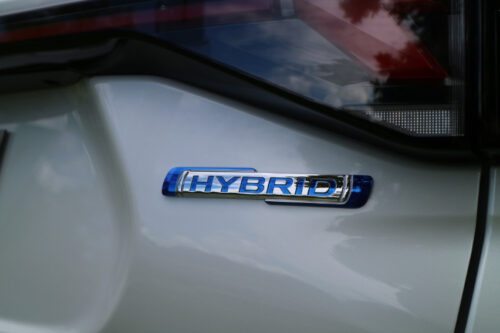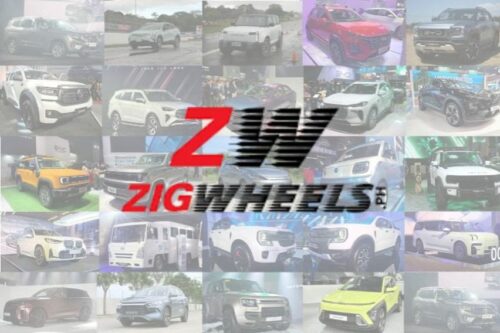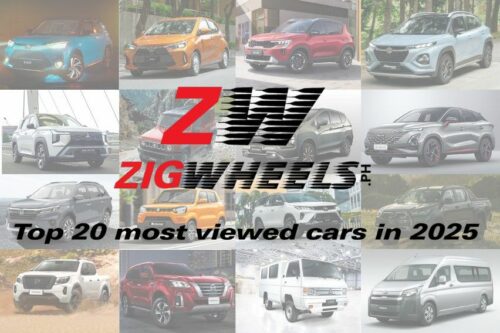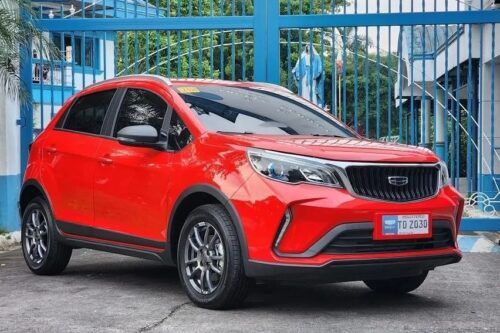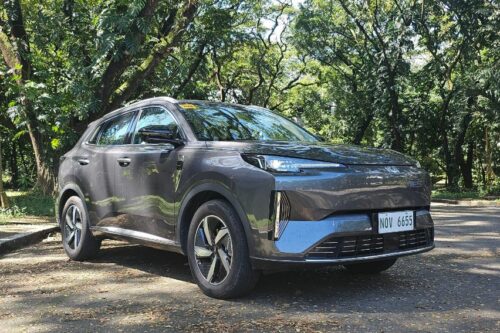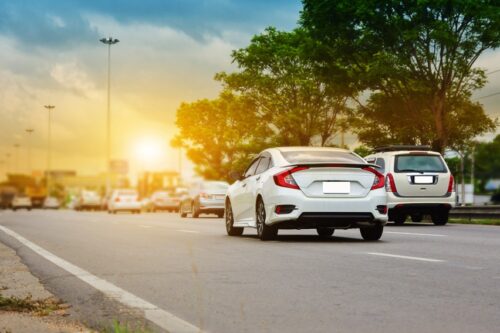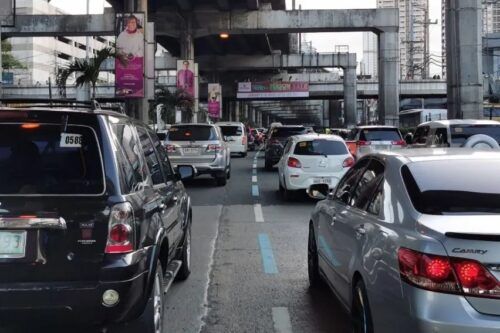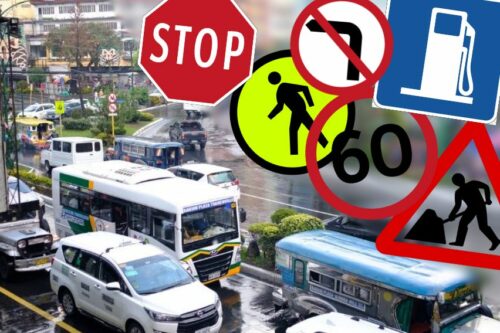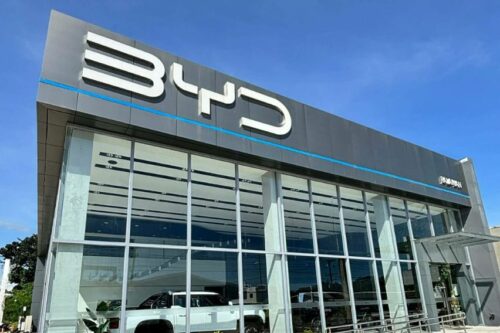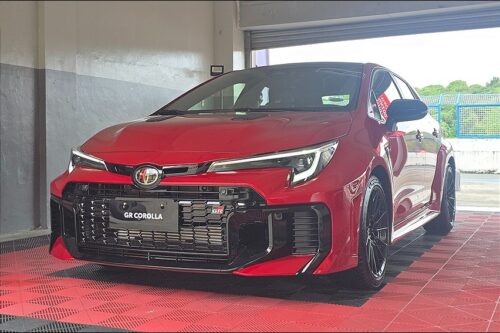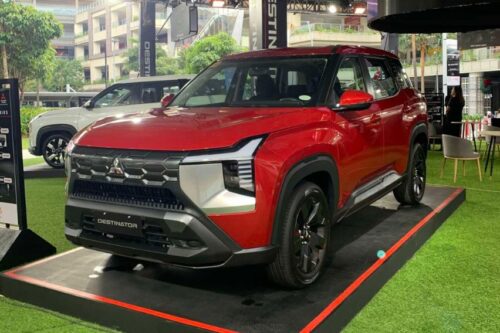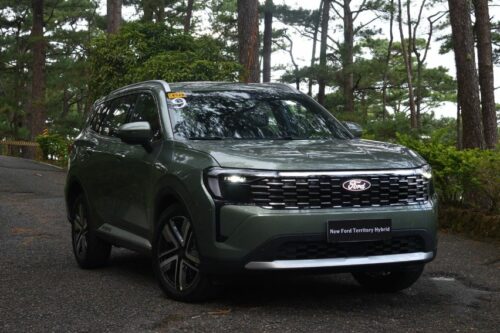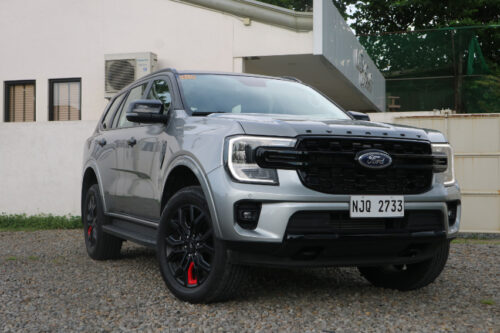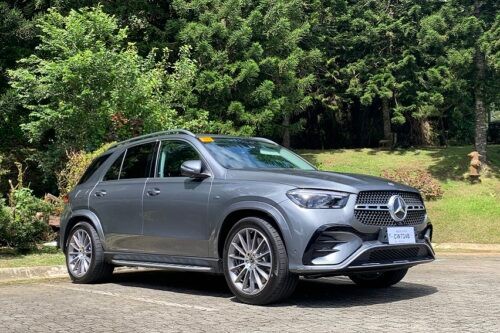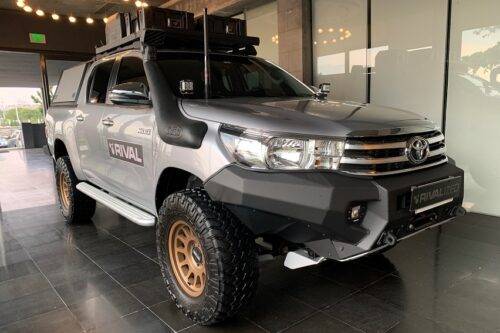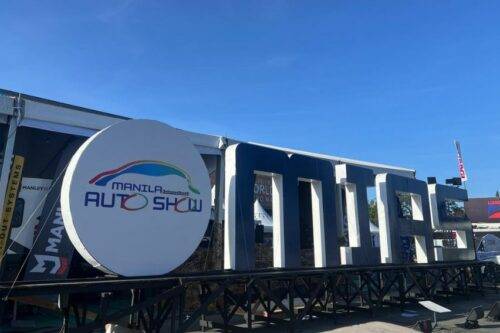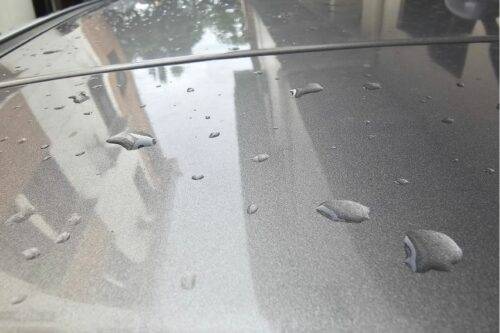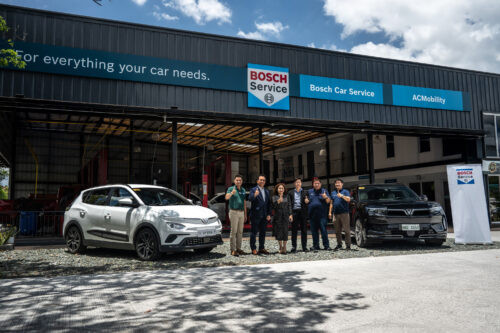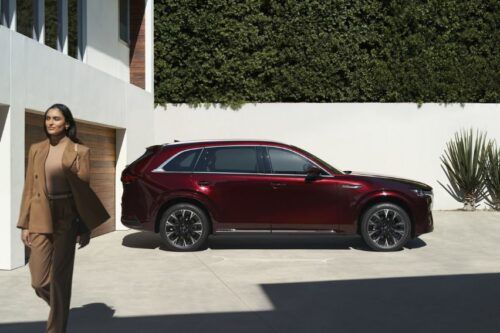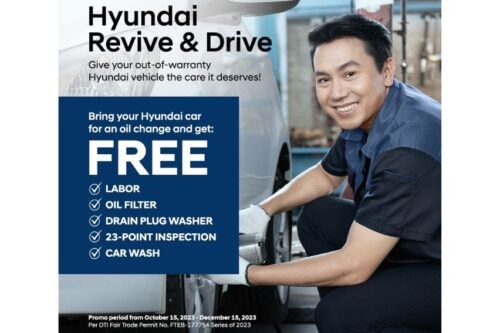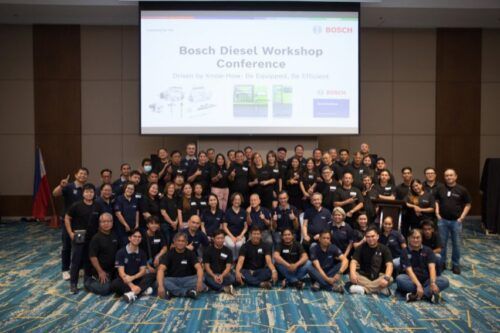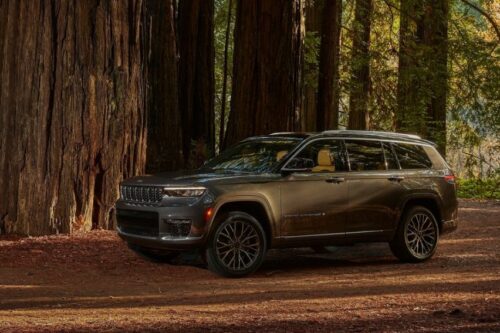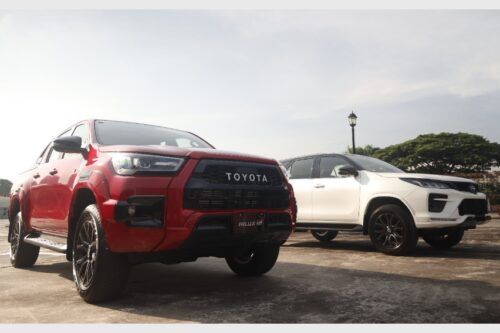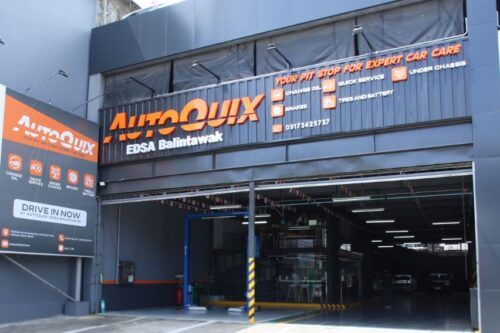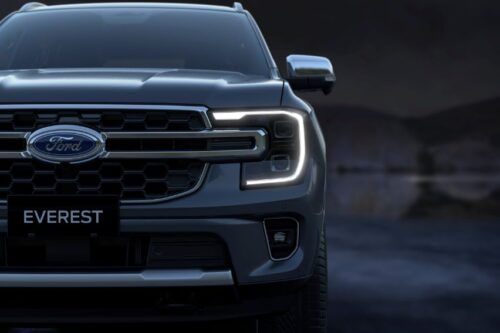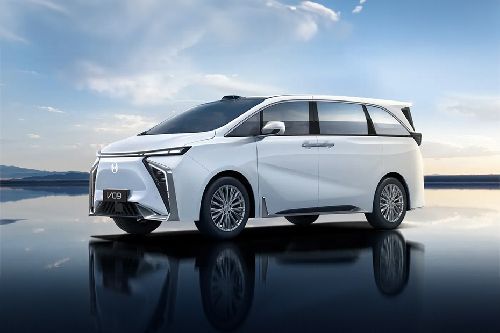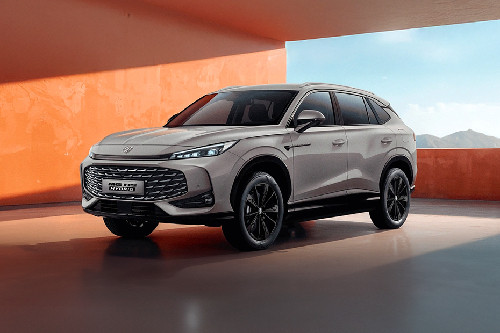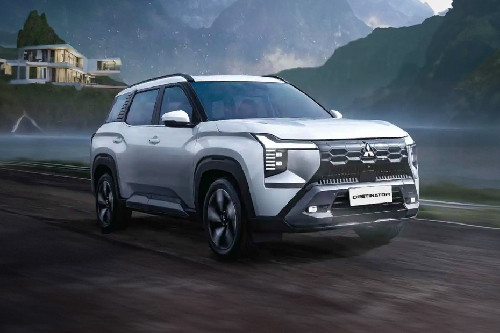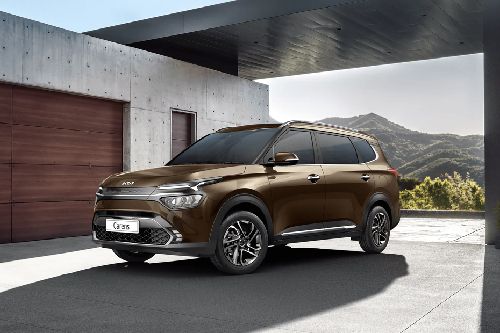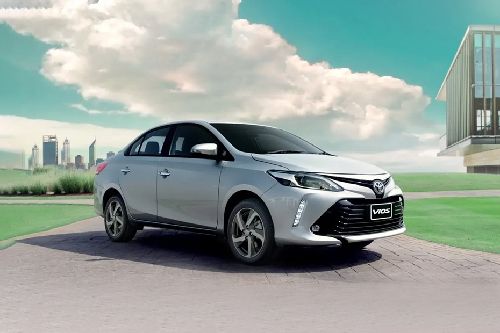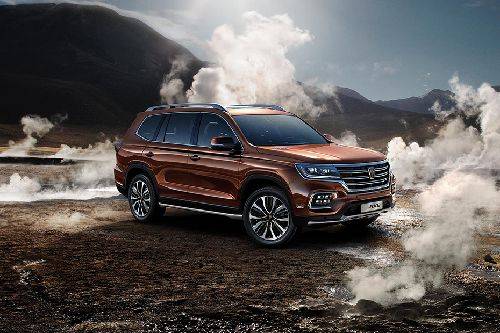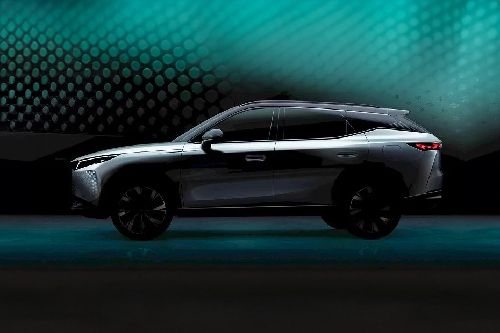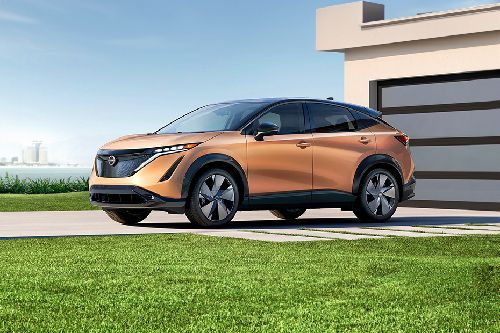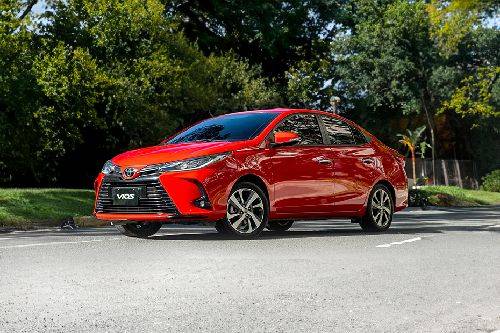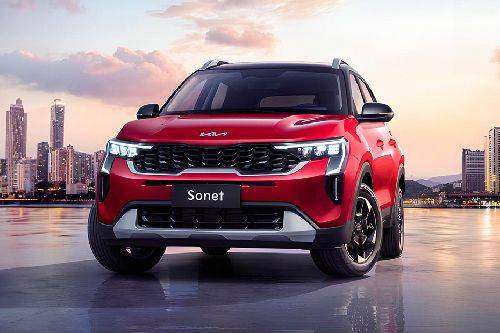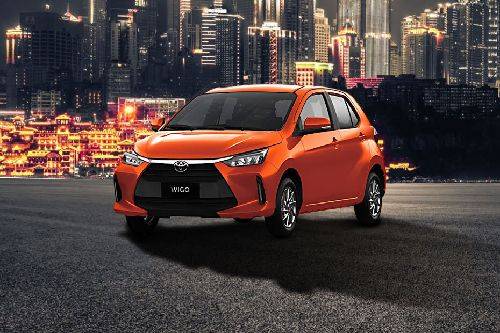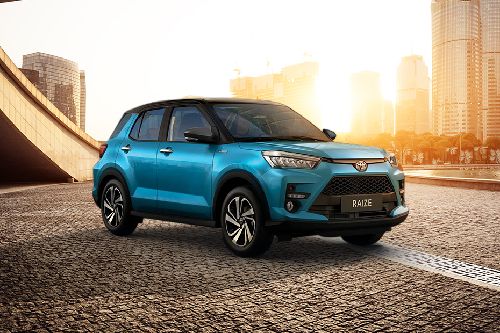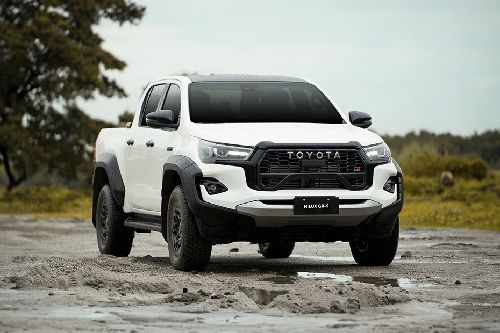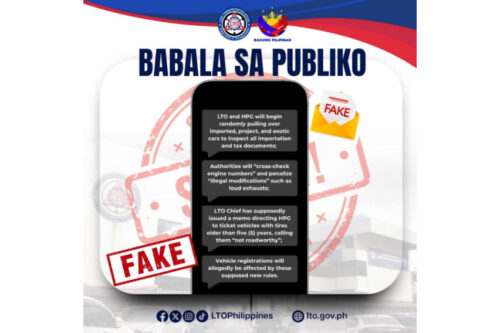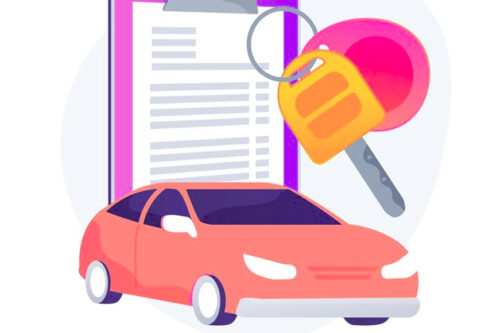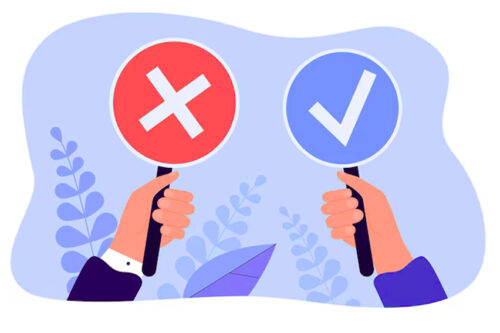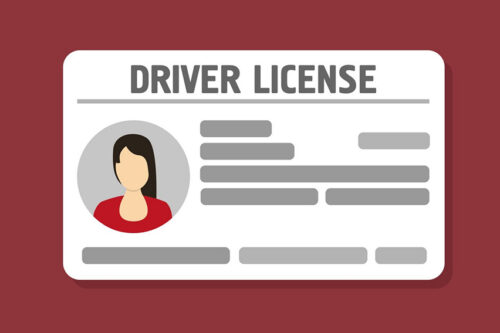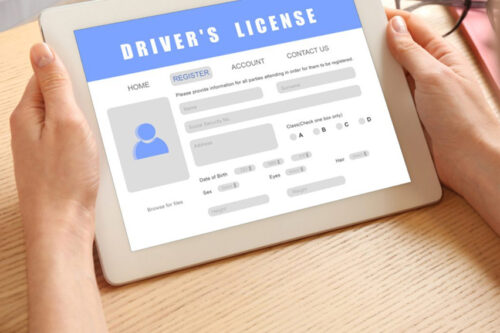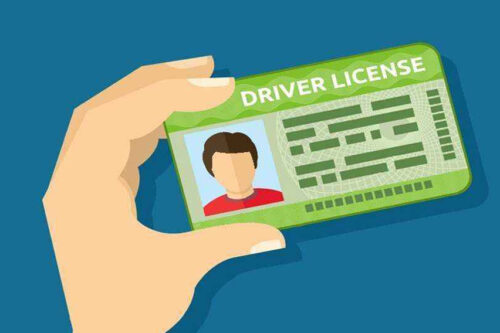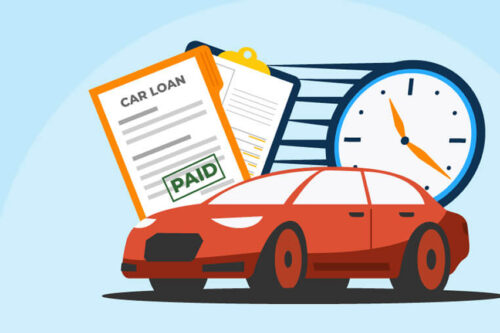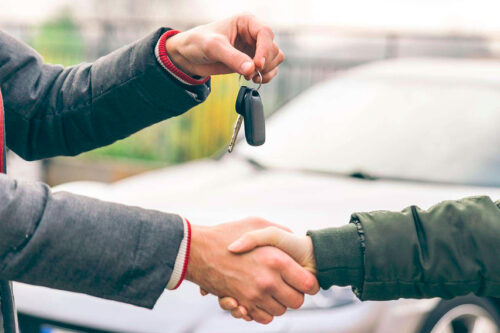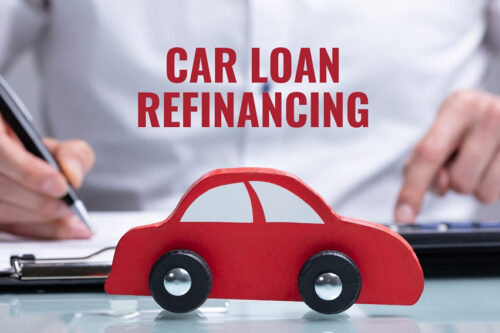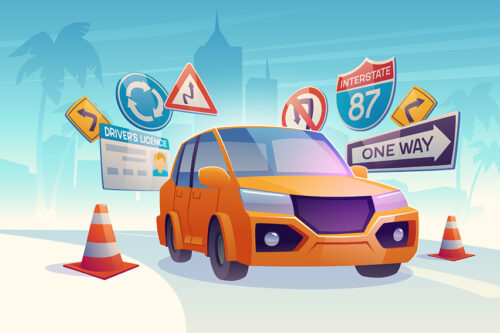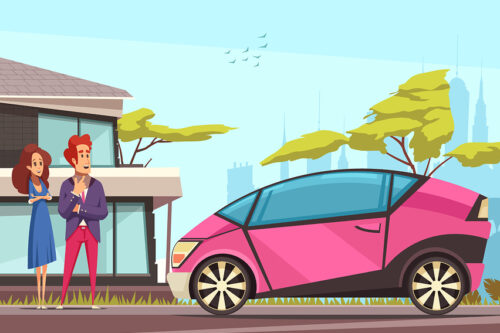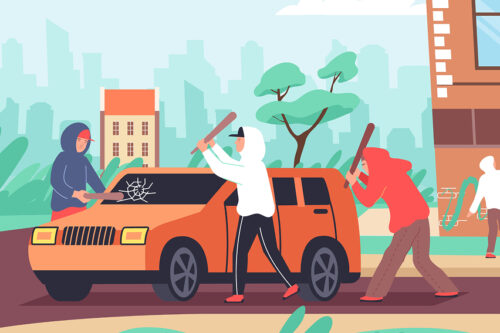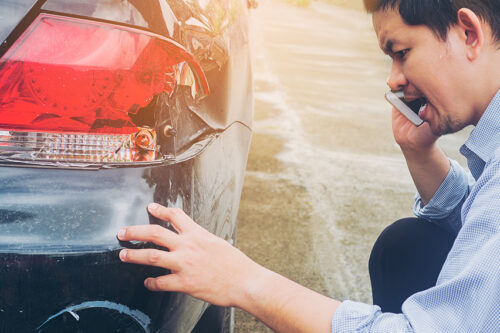Tips for proper tire care
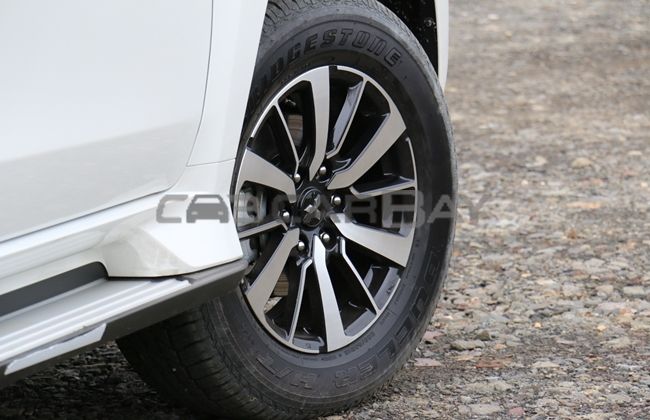
Even as we wait for the enhanced community quarantine to be lifted, it doesn't hurt to brush up on some car-care savvy once this crisis is over.
In case you didn't notice, daytime is getting longer as we've moved into the hot days of summer.
That’s all well and good if you’ve been working on your beach bod, but not so much for your used and abused tires.
The months of March to May are also known as "blowout season" because the air temperature can hit highs of 38° C, which heats up the pavement to a sizzling 62° C. It's not hot enough to fry an egg, but enough to cook your worn or neglected tires to pieces.
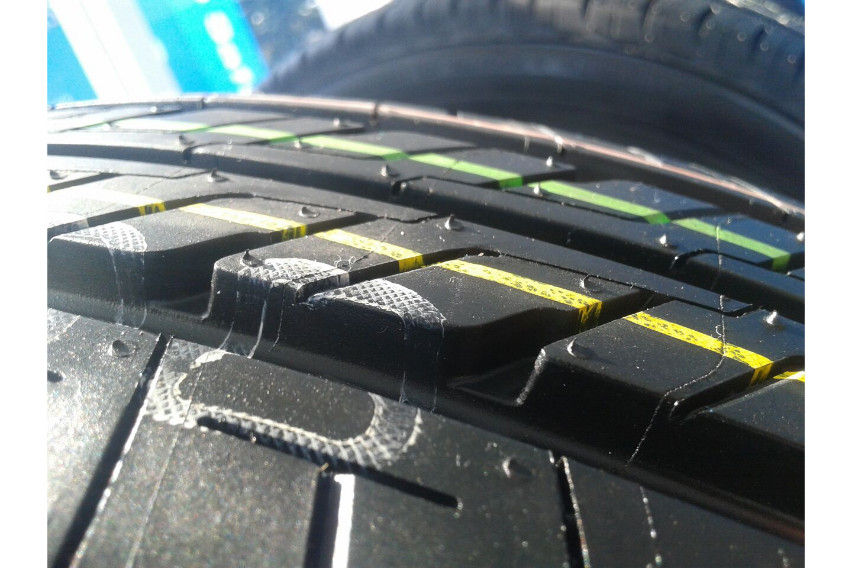
Save yourself from an exhausting tire change, a tow (if your spare happens to be useless), or worse, an accident, by looking after your tires. Here are the things to check out:
Inflation pressure
This is the biggest factor that determines the lifespan of your tire. It is commonly expressed in PSI (pounds per square inch) and the proper number is indicated in your owner’s manual or if you’ve lost it, you can find it posted on the edge of the vehicle’s doorframe.
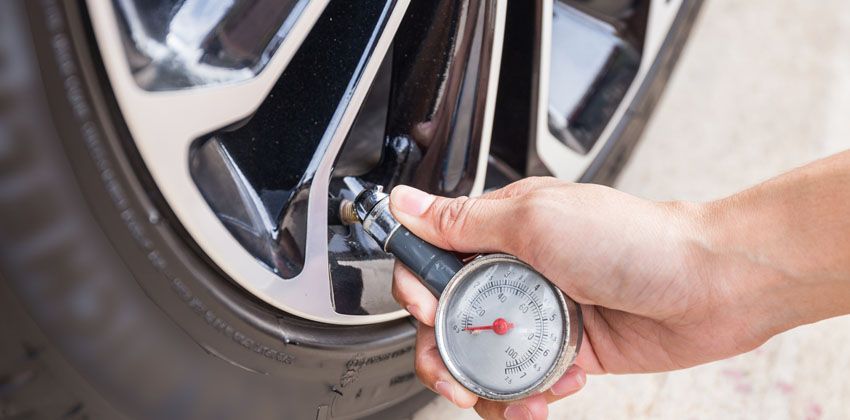
What your carmaker recommends is what’s called the cold inflation pressure or recommended pressure you should have in your tires before it hits the road and warms up.
After tire temperature rises due to the ambient heat and the rolling motion, the PSI may also increase by about 1.5psi. This is very important since any miscalculation on your part will lead to your tires being overinflated or underinflated.
What happens with underinflation?
Even if it’s by as little as 6%, it will increase your fuel consumption by 5% and decrease tire lifespan by 25%.
As the tire surface that makes road contact flattens due to lack of air pressure, rolling resistance will be higher, taxing the engine while increasing fuel use and emissions.
Low tire pressure also forces the surface to flex reducing steering precision and cornering stability, and building up internal heat that will eventually cause premature failure of the tire.
So is it good to overinflate tires?
Like a balloon, a tire with too much pressure tends to round itself out, which reduces the tire’s contact surface on the road, decreasing traction and braking performance.
When full of air, tires become extremely rigid and creates a very rough ride, dealing too much stress on suspension components wearing them out early.
Overloading
I know its fun when the entire family rides in just one car but as much fun as it is for you, your tires are suffering on the inside.
Overloading puts extra pressure on your tires. Remember, it may be a comfy 22°C inside the car but the hot pavement isn’t doing your tires any favor, especially ones that are carrying more load than specified.
Tires are rated to bear a specific weight at a certain PSI so check it before going for a long trip with the entire family. Otherwise, you could end up overloaded and underinflated.
Tire rotation, alignment, and wheel balancing
Since front tires wear out differently than rear tires due to the difference in load, braking and steering tasks it performs, it is imperative that they be rotated after about 8,000 to 10,000 kilometers or as suggested by the vehicle’s manual in order to even out the wear patterns and extend its lifespan.

Tire balancing is, as the name suggests, the act of balancing the wheel to prevent vibrations and wiggling that will lead to uneven wear and premature tire failure. It is done by attaching small weights to the wheel and should be performed every time the wheel is new, if it’s vibrating or when removed for repairs.
Wheel alignment is the adjustment of angles so as to align them with the manufacturer’s specs to prevent uneven tire wear. If your vehicle, running on an even and straight road, starts to drift left or right, you might want to have your wheel alignment checked.
What about filling your tires with nitrogen?
Nitrogen molecules are larger than oxygen molecules, thereby reducing the rate of air escaping from the tire through the sidewall by 1/3.
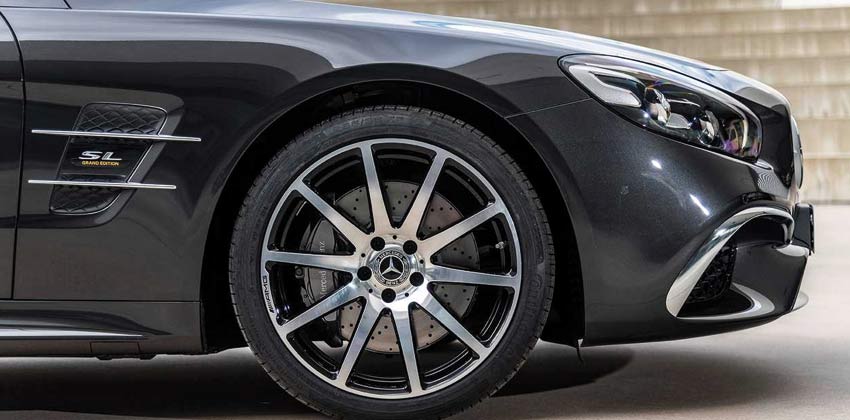
Pure nitrogen is a dry gas which does not support moisture, making it less susceptible to pressure fluctuations brought about by changes in temperature that affect moisture inside the tire.
Without moisture and oxygen inside, your wheels will last longer because they won’t be exposed to rust and corrosion. Outside is a different story. Moisture is ever-present there and it is constantly affecting the wheel and tires’ exterior.
But remember though: Natural air is about 80% nitrogen already and if your tires are in tip-top shape, it shouldn’t be leaking any more than 1psi a month.
There are benefits, but very minimal. If it’s for your daily drive, your tires may naturally degrade due to normal use and be replaced before you even see the benefits of using nitrogen.
These are the facts. You decide if that extra kilometer to the nitrogen pump and the extra pesos it costs is worth the effort.
Spare wheel
Unless you can DIY everything from sealants to inflation kits, make sure you have a spare, otherwise, how are you going to deal with a flat tire?
Check the spare’s pressure on a monthly basis as tires generally lose about 1psi per month and you wouldn’t want to be in an incident where your spare has no air, right?
Don’t drive it like you stole it
If you drive like a maniac, none of the above is going to help you preserve the lifespan of your tire. The faster you go, the hotter your tires will be because it flexes more often.
Follow the speed limit because it is there for your safety and your vehicle’s benefit because high speeds, excessive cornering and frequent braking raises the temperature of your tire while increasing friction and degradation.
TLC for your tires go a long, long way — literally
I know it doesn’t look easy, and minding all of the above can make you look a little obsessive-compulsive but if you want to save yourself a ton of trouble, you’ve really got to look after your tires, especially during the summer season.
Check inflation pressure, watch out for overloading; observe the correct timing for tire rotation, alignment, and wheel balancing, properly maintain your spare wheel, and drive safely and defensively.
Remember those tire care tips and you not only save your tires, you save time, money, and yourself from a dangerous blowout.
Sell your car at the best price
 Verified and genuine buyers
Verified and genuine buyers
Trending & Fresh Updates
- Latest
- Popular
You might also be interested in
- News
- Featured Stories
Featured Cars
- Latest
- Upcoming
- Popular
Latest Car Videos on Zigwheels

Car Articles From Carmudi
- journal
- advice
- financing
- insurance

